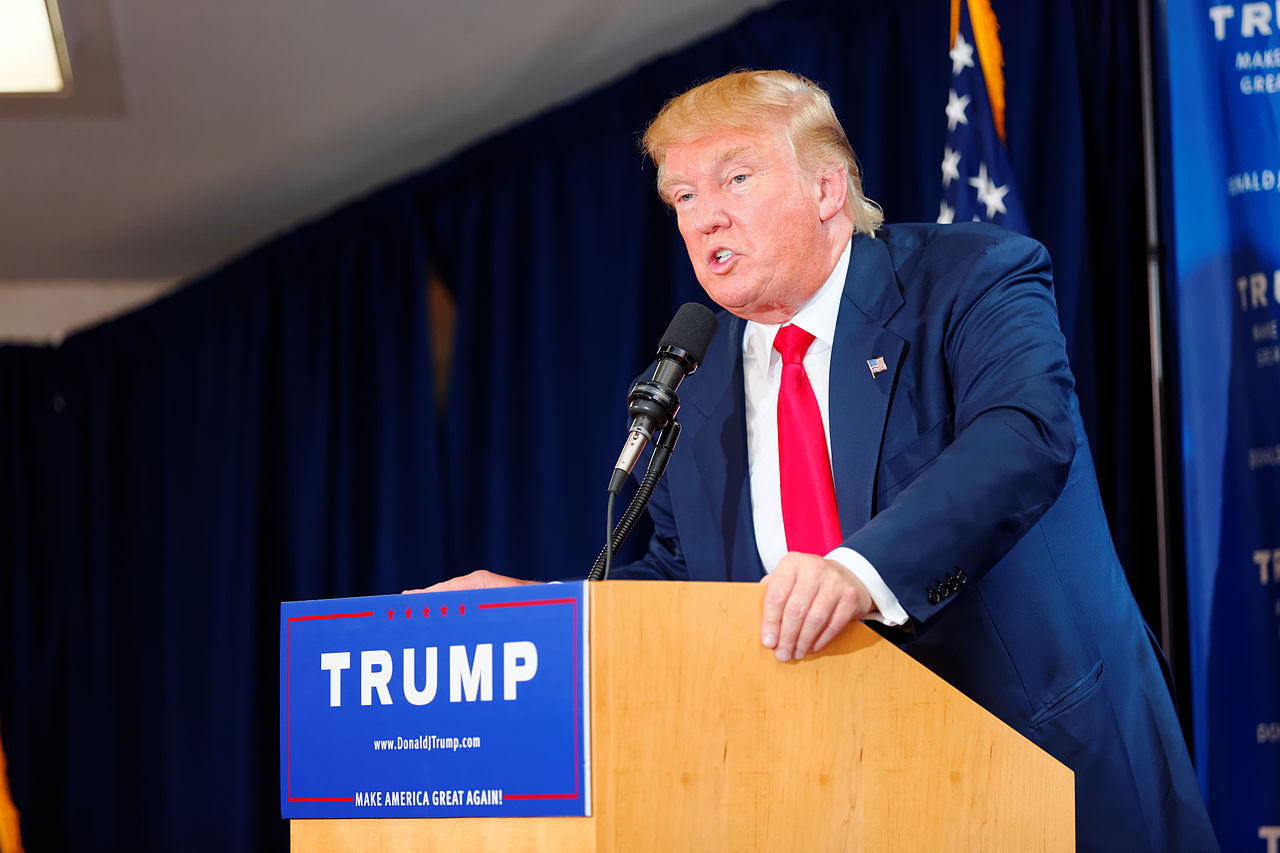The Art of the Deal
Posted on May 16, 2016
 Washington is not good at cutting deals. That is especially true for the last 6 years with President Obama and the Republican-led Congress.
Washington is not good at cutting deals. That is especially true for the last 6 years with President Obama and the Republican-led Congress.Think Fiscal Cliff. Government shut-down. The failure of the Grand Bargain. Etc. Etc. Etc.
The problem for politicians when it comes to cutting deals is the set-up. They promise too much and deliver too little, and as a result, their constituents get upset.
Part of the reason for this is the ideological sorting of the two parties. When a political party represents not interests, but ideologies, it makes it hard to find common ground.
And these days, it is increasingly common to find Members of Congress who actively work against the interests of their constituents in order to promote their ideology.
Think Tim Huelscamp, the Republican Congressman from Kansas, who actively attacks efforts to help his constituents when it comes to farm legislation, so much so that the Farm Bureau has come out against his reelection.
Ted Cruz, the Senator from Texas, infuriated constituent companies who desperately needed the Export-Import Bank to be reauthorized by refusing to meet with them to hear their case. He voted against them without ever taking a meeting.
The reasons that Cruz and Huelscamp can get away with not representing the interests of their constituents is because they do effectively represent the ideology of those same constituents. They may not be able to deliver effective legislation but they sure can make a good speech.
It is hard to reach common ground with ideological opponents, especially when the ideology becomes almost a religion to its adherents. The opposition doesn’t just represent a different industry; it represents a different belief system.
It’s like the Sunnis and the Shia. They just can’t seem eye to eye.
For Donald Trump, he wrote a book about making deals and for him, it’s not about ideology at all. It’s about the art of making a deal, making a good deal, but making a deal.
His book contained 11 rules for negotiating a good deal, which includes everything from thinking big to knowing the market to understanding the downside risk.
I was intrigued by one if his rules: Maximize the options.
I never get too attached to one deal or one approach...I keep a lot of balls in the air, because most deals fall out, no matter how promising they seem at first.
And it seems to me that is exactly what he is doing right now on the campaign trail. He is maximizing his options, throwing a lot of stuff out there to see what sticks.
For the political class, this is scandalous. How dare he make proposals that he doesn’t necessarily agree with? What about his principles? What does he truly believe?
But to him, it’s just part of how he does business. Think big. Know the market. Throw a lot ball in the airs. Probe to see what the market can bear.
It’s an interesting approach and it is antithetical to how Washington operates, where both sides make promises they know they can’t keep and get into boxes that they know they can’t get out of.
In my view, the reason Trump is compelling is because he is not an ideologue.
He is a deal-cutter. Washington is not very good at making deals. Maybe it’s time they learn from the master.
